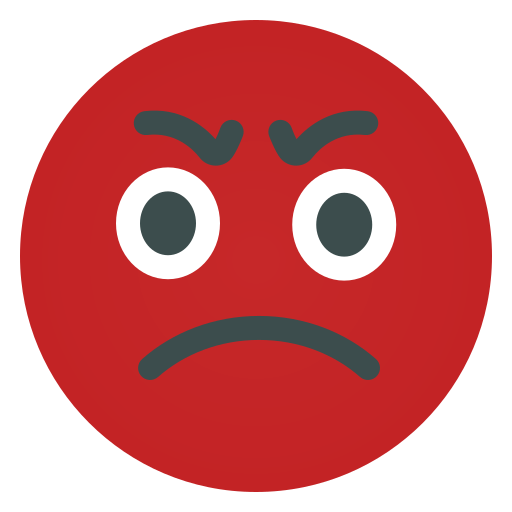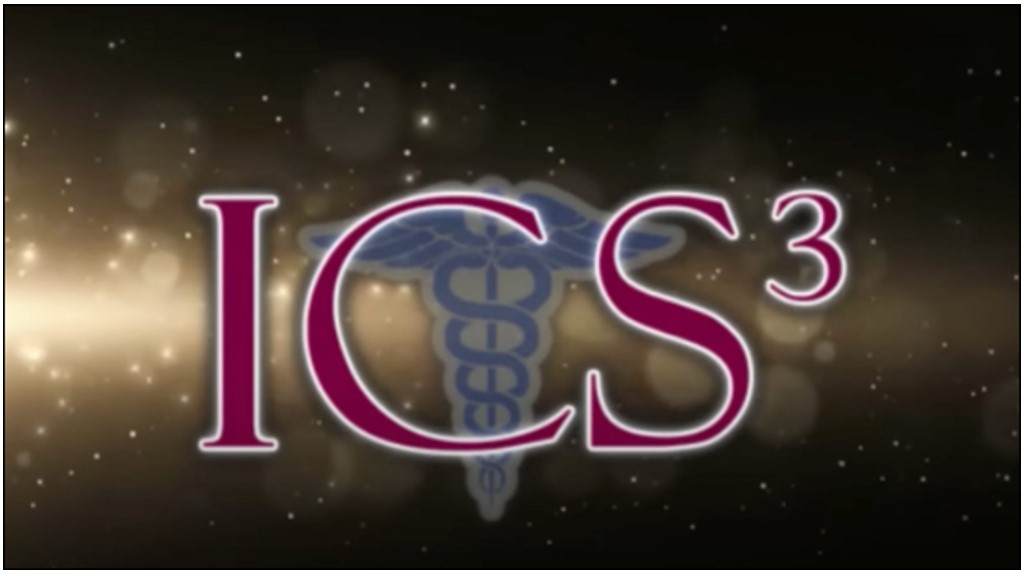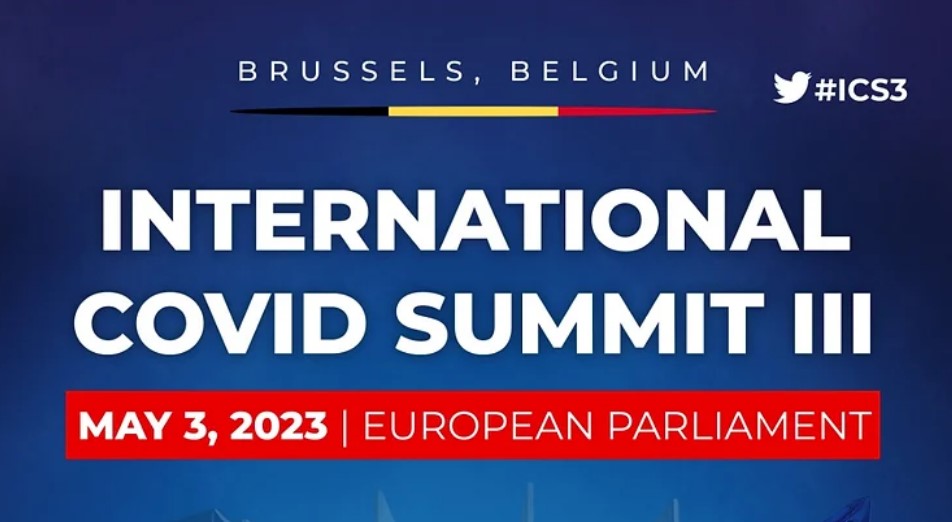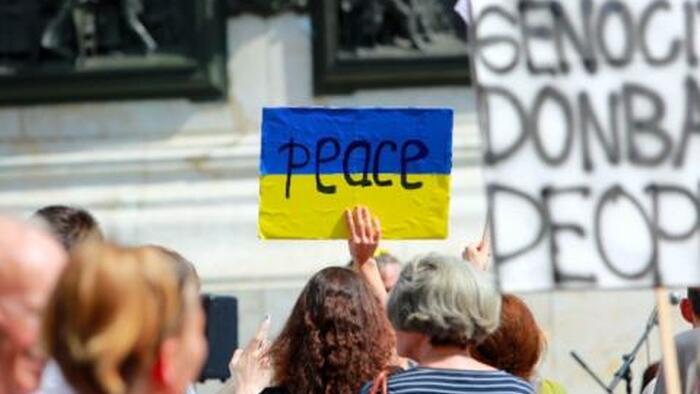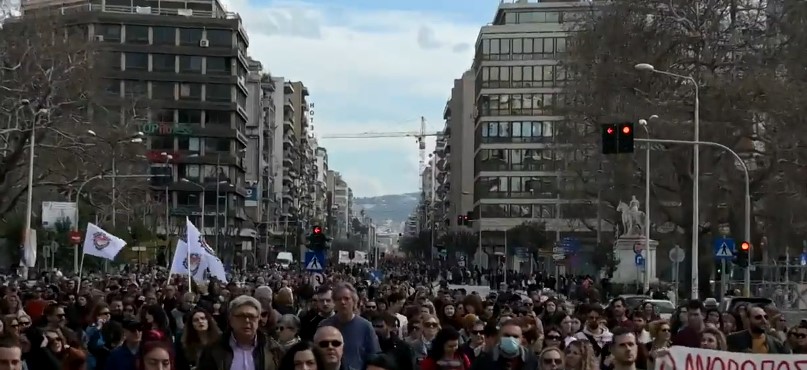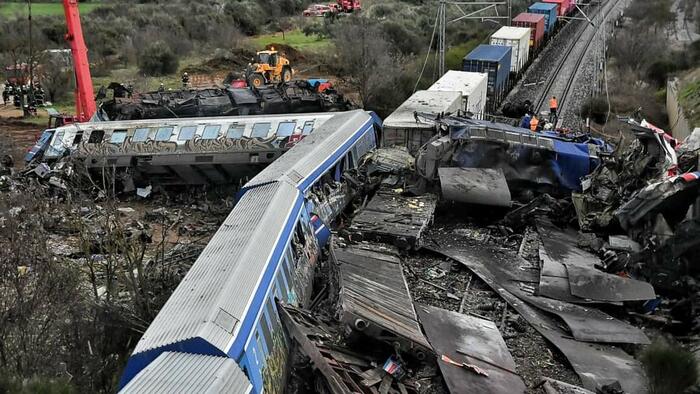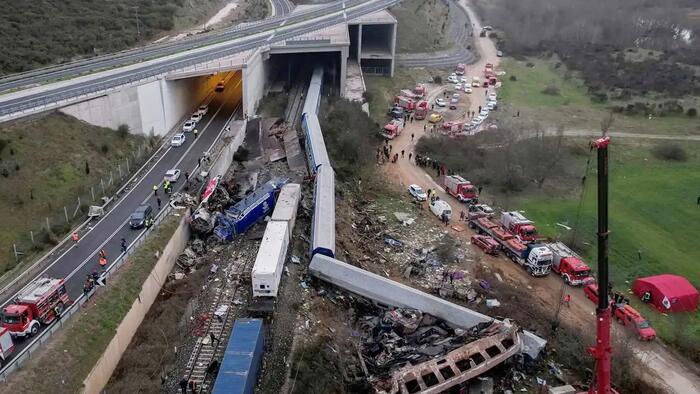"The only way to save the world is to end free speech on the Internet."
The Pentagon the State Department, the CIA, MI-6, the UK Foreign Office in Brussels, all basically decided that civilians shouldn’t be able to make up their own mind.
Q: Was the 2016 election a critical tipping point of Internet free speech?
A: Oh, absolutely, yeah. There were three things that happened in 2016.
* The State Department lost their election in the Philippines that they didn’t want to lose, and it was an Internet election. The Philippines basically doesn’t have their own Internet. It runs entirely on Facebook, and an uncensored Facebook led in the wrong direction in that election.
* Then you had Brexit, which the State Department strongly opposed. Brexit was also an Internet revolution. It was powered by Nigel Farage’s viral videos dunking on Herman Van Rompuy for a couple of years on YouTube. And even though it had no support from British media, essentially it was powered by YouTube, Facebook, and Twitter.
* And then after Brexit, you know, five months after that, the U.S. presidential election of Trump, who got zero mainstream media endorsements, not a single print newspaper endorsement. It was an Internet election, and Trump defeated both the Bush dynasty and the Clinton dynasty in a single edge Lord Meme campaign.
That was when the rules-based international order said:
OK, enough is enough. NATO is going to fall apart…the IMF is going to fall apart… the EU is going to fall apart.
Information is now a military affair.
Unless we censor the Internet, we’re going to lose 20 consecutive European parliamentary elections where the populist right-wing was winning in Italy and in France and in Spain and in Greece and in in the UK, and so, they said, ‘Listen, the only way to save the world is to end free speech on the Internet.
The Pentagon the State Department, the CIA, MI-6, the UK Foreign Office in Brussels, all basically decided that civilians shouldn’t be able to make up their own mind.
Q: Was the 2016 election a critical tipping point of Internet free speech?
A: Oh, absolutely, yeah. There were three things that happened in 2016.
* The State Department lost their election in the Philippines that they didn’t want to lose, and it was an Internet election. The Philippines basically doesn’t have their own Internet. It runs entirely on Facebook, and an uncensored Facebook led in the wrong direction in that election.
* Then you had Brexit, which the State Department strongly opposed. Brexit was also an Internet revolution. It was powered by Nigel Farage’s viral videos dunking on Herman Van Rompuy for a couple of years on YouTube. And even though it had no support from British media, essentially it was powered by YouTube, Facebook, and Twitter.
* And then after Brexit, you know, five months after that, the U.S. presidential election of Trump, who got zero mainstream media endorsements, not a single print newspaper endorsement. It was an Internet election, and Trump defeated both the Bush dynasty and the Clinton dynasty in a single edge Lord Meme campaign.
That was when the rules-based international order said:
OK, enough is enough. NATO is going to fall apart…the IMF is going to fall apart… the EU is going to fall apart.
Information is now a military affair.
Unless we censor the Internet, we’re going to lose 20 consecutive European parliamentary elections where the populist right-wing was winning in Italy and in France and in Spain and in Greece and in in the UK, and so, they said, ‘Listen, the only way to save the world is to end free speech on the Internet.
"The only way to save the world is to end free speech on the Internet."
The Pentagon the State Department, the CIA, MI-6, the UK Foreign Office in Brussels, all basically decided that civilians shouldn’t be able to make up their own mind.
Q: Was the 2016 election a critical tipping point of Internet free speech?
A: Oh, absolutely, yeah. There were three things that happened in 2016.
* The State Department lost their election in the Philippines that they didn’t want to lose, and it was an Internet election. The Philippines basically doesn’t have their own Internet. It runs entirely on Facebook, and an uncensored Facebook led in the wrong direction in that election.
* Then you had Brexit, which the State Department strongly opposed. Brexit was also an Internet revolution. It was powered by Nigel Farage’s viral videos dunking on Herman Van Rompuy for a couple of years on YouTube. And even though it had no support from British media, essentially it was powered by YouTube, Facebook, and Twitter.
* And then after Brexit, you know, five months after that, the U.S. presidential election of Trump, who got zero mainstream media endorsements, not a single print newspaper endorsement. It was an Internet election, and Trump defeated both the Bush dynasty and the Clinton dynasty in a single edge Lord Meme campaign.
That was when the rules-based international order said:
OK, enough is enough. NATO is going to fall apart…the IMF is going to fall apart… the EU is going to fall apart.
Information is now a military affair.
Unless we censor the Internet, we’re going to lose 20 consecutive European parliamentary elections where the populist right-wing was winning in Italy and in France and in Spain and in Greece and in in the UK, and so, they said, ‘Listen, the only way to save the world is to end free speech on the Internet.






